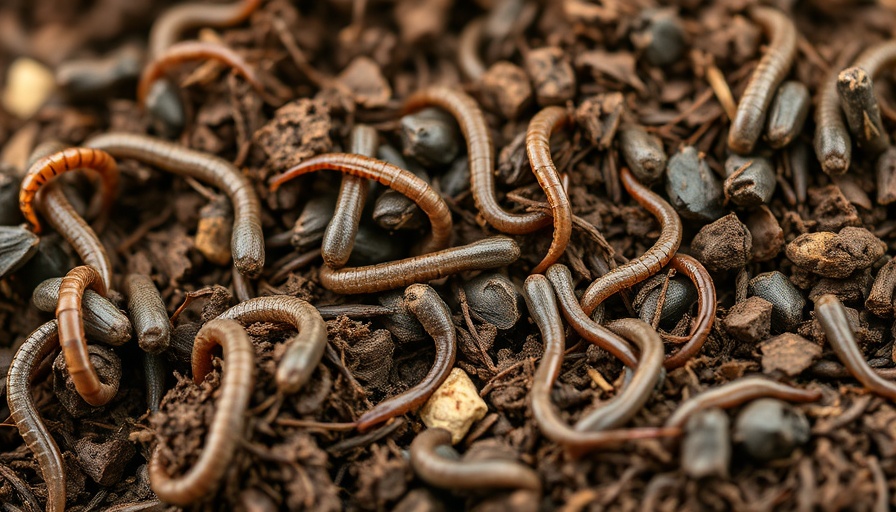
The Importance of Natural Fertilizers in Sustainable Gardening
Natural fertilizers, often derived from organic materials, can significantly enhance the sustainability of urban gardening. By using eco-friendly options such as kelp meal, rock phosphate, and compost, gardeners not only provide essential nutrients for their plants but also maintain soil health. This sustainable practice reduces the risk of water pollution and promotes a thriving ecosystem in the garden.
Choosing the Right Natural Fertilizers
When selecting natural fertilizers, it's crucial for gardeners to understand what nutrients their soil lacks. Soil tests can help identify deficiencies, allowing for a tailored approach to fertilization. For instance, kelp meal is recognized for providing potassium, while rock phosphate supplies phosphorous and calcium, making these options effective for enhancing soil fertility. Moreover, many natural fertilizers release nutrients gradually, benefiting long-term plant health.
Understanding Micronutrients and Their Effects
Micronutrients play a pivotal role in plant health, but they can sometimes be deficient even in well-composted soils. It’s important to manage micronutrients like boron carefully since excess can be toxic to both plants and soil health. Thus, consulting agricultural experts or conducting nutrient analysis can guide urban gardeners in their fertilizing practices.
Advantages of Using Organic Fertilizers Over Conventional Ones
Organic fertilizers provide numerous benefits including slow-release nutrient availability, which aligns with the natural growth cycles of plants. This slow nutrient release not only helps to prevent nutrient overload but also minimizes the risk of environmental contamination, a significant concern with conventional fertilizers.
Strategies for Effective Implementation of Natural Fertilizers
To optimize the use of natural fertilizers, gardeners should adopt strategies such as incorporating organic matter into soil, practicing crop rotation, and utilizing cover crops as green manure. These practices work synergistically with natural fertilizers to improve soil structure, enhance water retention, and foster biodiversity, all crucial elements for sustainable gardening.
The Future of Urban Farming with Natural Fertilizers
As urban farming gains momentum, the reliance on traditional chemical fertilizers poses a threat to both soil health and the environment. By embracing natural fertilizers, city gardeners can lead the way in the revolution towards healthier food systems, reducing their carbon footprint while enhancing their own community's resilience against climate change. By incorporating natural fertilizers, urban gardening can transform into a beacon of sustainability amidst the concrete landscape.
Conclusion: Take Action for a Greener Future
Adopting natural fertilizers is not just a choice for better gardening—it's a step towards a much-needed shift in how we approach food production in urban settings. If you’re ready to make a positive impact, start by integrating natural fertilizer options into your gardening practices today. Join the movement for sustainable living by cultivating soil health for generations to come!
 Add Row
Add Row  Add
Add 




 Add Row
Add Row  Add
Add 

Write A Comment